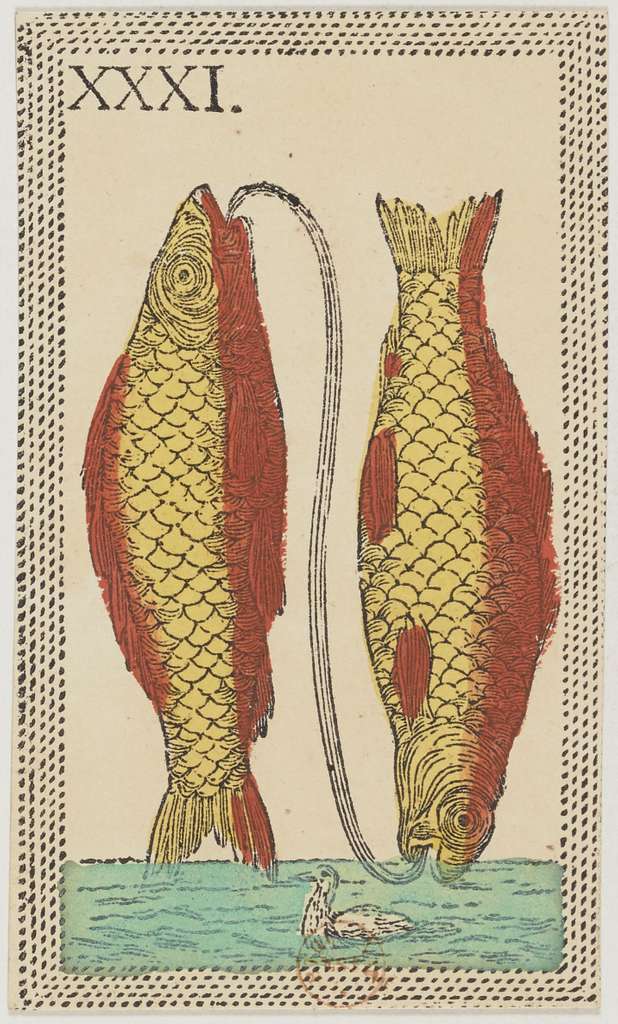Industry News
Forced Labor Compliance Complexity Grows with North Koreans Involved, But Guidance May be Coming
TweetMar. 4, 2024
By:
Hannah B. Kreinik
Regular readers will know that the Uyghur Forced Labor Prevention Act (“UFLPA”) is a constant focus of compliance, enforcement, and attention. This year alone we’ve written about it here, here, and here. To briefly recap, the UFLPA created a rebuttable presumption that goods from the Xinjiang Autonomous region of China are produced wholly or partially with forced labor and are inadmissible into the United States. So far, we’ve seen UFLPA focused on imports of auto parts, tomatoes, silica-based products, batteries, and more.

What many importers don’t realize is that the Countering America’s Adversaries Through Sanctions Act (22 U.S.C. § 9241a), creates a similar rebuttable presumption that “significant goods” made using North Korean labor are also inadmissible under the forced labor provisions of UFLPA. This is generally not a problem, since the United States and North Korea generally bar imports of each other’s goods. Problem solved, right?
Well, not so fast. Recent press reports have indicated that there is evidence that North Korean workers have been working on Chinese fishing boats. Fishing boats have long been an area of concern with regard to forced labor. These reports indicate that fifteen seafood factories are using more than 1,000 North Korean laborers, with ten of those facilities sending goods to U.S. importers. This means that an industry already of high concern for the use of forced labor is allegedly using people who, by their nationality, are presumed to be forced laborers. It seems inevitable that seafood from China will become the subject of forced labor action, both for the apparent use of forced labor and the apparent use of North Korean labor.
Under U.S. law, Customs and Border Protection (“CBP”) may issue a Withhold Release Order (“WRO”) against products with information that reasonably, but not conclusively, demonstrates that the goods being entered into the U.S. were made with forced labor. If the goods are detained under UFLPA (which may not apply to Chinese seafood imports using North Korean labor), importers with detained merchandise under a WRO may request an applicability review with CBP. A review may result in the good’s release if the importer can demonstrate through clear and convincing evidence that the goods were not produced with forced labor. Importers may use a range of documentation, including supply chain mapping, independent auditing, certificates of origin, payment records, and other evidence from the ordinary course of business.
While the applicability review sounds straightforward, Hoshine Silicon Industry Co. Ltd. (“Hoshine”) can attest that it is not. Hoshine has had its silica-based products detained by CBP since June of 2021. After years of effort to get the products released from the WRO, Hoshine has taken CBP to court and filed a complaint in the Court of International Trade (which we take to be accurate and true here, but the court will evaluate). CBP detained Hoshine’s products due to Hoshine’s business location in the Xinjiang region. However, Hoshine has repeatedly stated their location is not in fact in the Xinjiang region. Hoshine attempted to prove that fact to CBP with multiple communications, openness regarding their supply chains, and a 2023 WRO Modification Petition. Hoshine presented third-party auditor documentation, supply chain tracing evidence, and invested in translation and financial resources for the petition’s evidence. After receiving all Hoshine’s evidence, CBP denied the petition and included a one-sentence explanation. Hoshine’s court filing alleges that CBP did not provide an adequate explanation for the initial WRO or the denial of the petition under 5 U.S.C. § 706 for agency actions. Even with a lawsuit and evidentiary support, Hoshine’s products are still under UFLPA detention.
While the complexity of forced labor compliance and enforcement keeps growing, it is possible that a decision in Hoshine’s litigation will clarify the path for all importers. Until then, the attorneys at Barnes, Richardson & Colburn, LLP are here to help.
